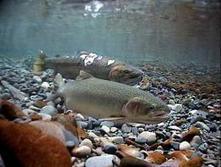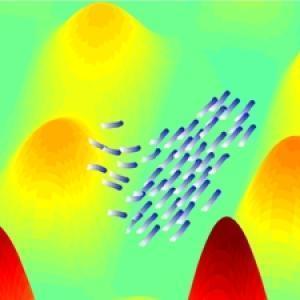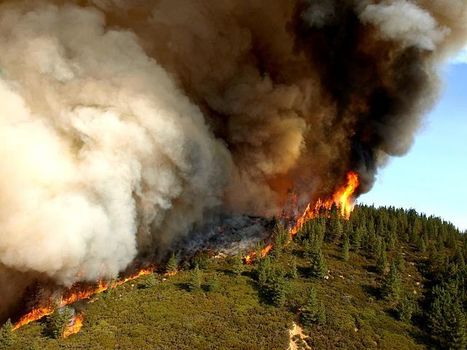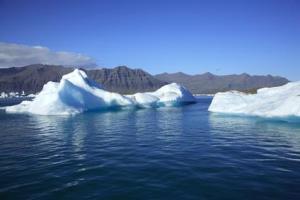What are humans to do with the billions of tons of carbon dioxide we release into the atmosphere? Since 1996, an experiment in the North Sea has been injecting millions…
Research and publish the best content.
Get Started for FREE
Sign up with Facebook Sign up with X
I don't have a Facebook or a X account
Already have an account: Login

 Your new post is loading... Your new post is loading...
 Your new post is loading... Your new post is loading...
|
|




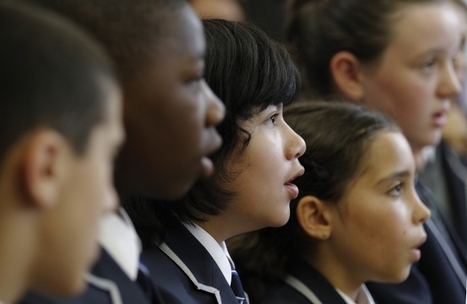


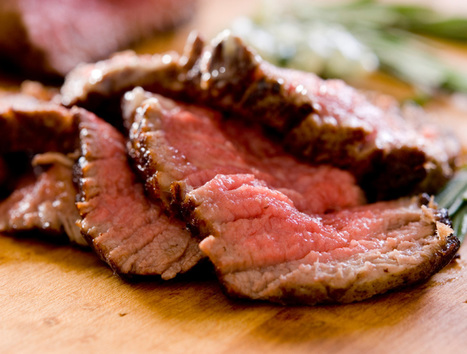



![[VIDEO] - Community, Technology, Environment and Economy: The Four Drivers of Collaborative Consumption | Science News | Scoop.it](https://img.scoop.it/G7FSkiRthvub1eLDSFpv3jl72eJkfbmt4t8yenImKBVvK0kTmF0xjctABnaLJIm9)
